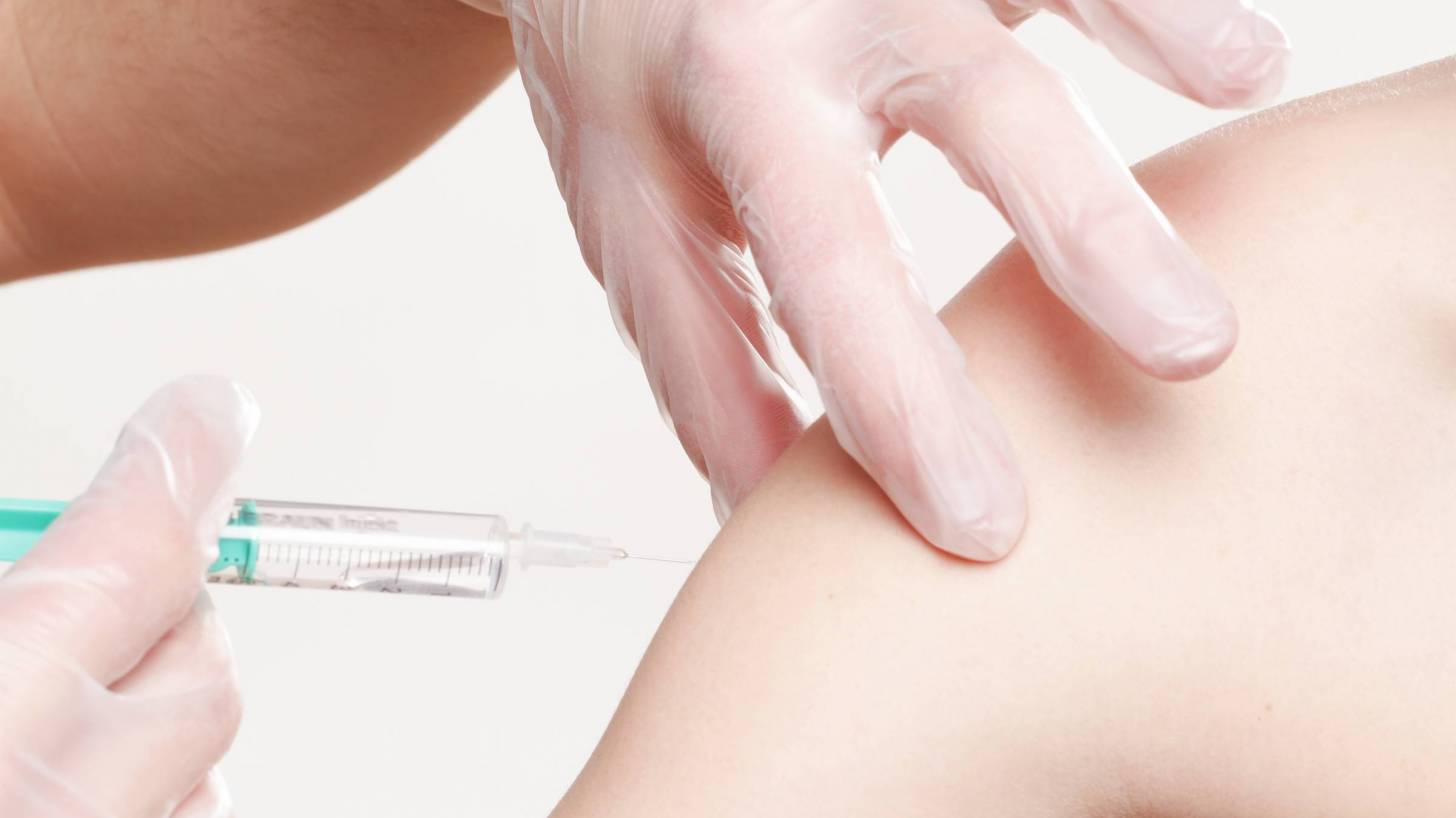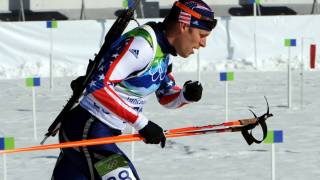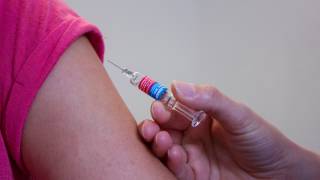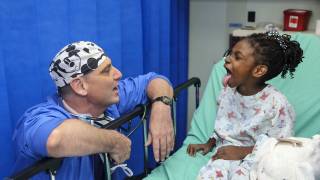50% of Vaccine Injuries Are Delivery Related

After months of questioning two federal agencies about vaccine injuries, the News4 I-Team reports new research on vaccination deliveries will be launched.
An I-Team review found half of all the new federal vaccine injury cases allege “shoulder injury resulting from vaccine administration,” or SIRVA, and have little or nothing to do with what was in the syringe.
Both the Centers for Disease Control and Prevention (CDC) and the Health Resources and Services Administration (HRSA) previously told the I-Team there were no comprehensive studies of SIRVA underway.
But, after a month of questioning by the News4 I-Team, HRSA acknowledged half of all the new cases filed in the court last year were not vaccine reactions, they were SIRVA cases.
Most cases allege the vaccines were administered incorrectly, usually too high on the arm. They're supposed to be given in the deltoid muscle, the thick part of the upper arm, but not too close to the shoulder, reported the News4 I-Team.
The CDC has launched an educational campaign on the correct way to administer shots.
Moreover, the I-Team found the program has no mechanism to notify the shot-giver of the injury he or she likely caused.
Thus, they would have no reason to seek additional training.
An HRSA spokesperson told the I-Team a confidentiality provision in the program prohibits the agency from notifying the vaccine administrator of the corresponding SIRVA case.
Because they are protected from liability, the shot-giver is not a party to the lawsuit, so each SIRVA victim would have to give written consent to allow them to be told about the vaccine injury they likely caused.
SIRVAs are covered under the National Vaccine Injury Compensation Program (NVICP).
The NVICP is a nearly $3.7 billion trust fund created and run by the federal government to take care of victims with catastrophic reactions to vaccines. A $0.75 tax on every shot given funds the vaccine compensation.
Since the NVICP program started, about 6,000 victims have received compensation.
To keep companies developing and producing vaccines, the US government took on the liability back in the late 1980s, protecting vaccine-makers and those who give the shots from being sued.
These vaccine injury cases go through a special court inside the U.S. Court of Federal Claims.
More than 80 percent of all compensation awards in the vaccine court are negotiated settlements.
In a statement to the News4 I-Team, the U.S. Department of Health and Human Services (HHS) admitted it "does not track or monitor this data" — despite the information being filed into the record with every vaccine court case.
HHS has asked for increased funding for the program each year but told the I-Team "as to the allocation of the requested funding, this is a question for the Congress."
Just last week, the CDC told the I-Team it will now work together with HRSA to conduct an epidemiologic review of the SIRVA claims in the Vaccine Injury Compensation Program, which they're hoping to complete by the end of 2019.
This story was reported by Jodie Fleischer, produced by Rick Yarborough, and shot and edited by Jeff Piper, with the News4 I-Team.
Our Trust Standards: Medical Advisory Committee
- Half of All New Federal Vaccine Cases Allege Injury From Shots Given Incorrectly
- National Vaccine Injury Compensation Program
- Shoulder injury related to vaccine administration reported more frequently
- Shoulder injury related to vaccine administration (SIRVA)
- Shoulder Injuries Now Included in Vaccine Compensation Program


























